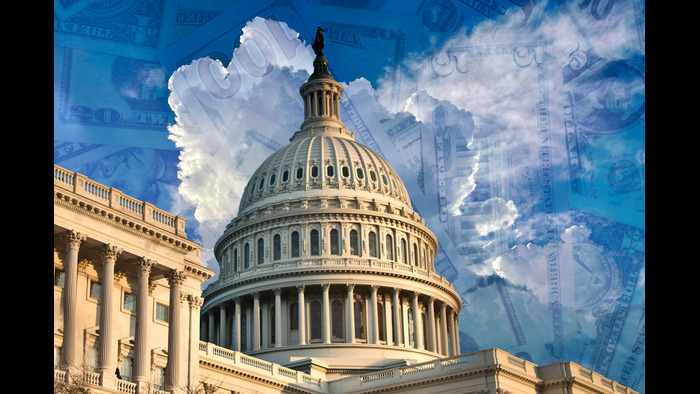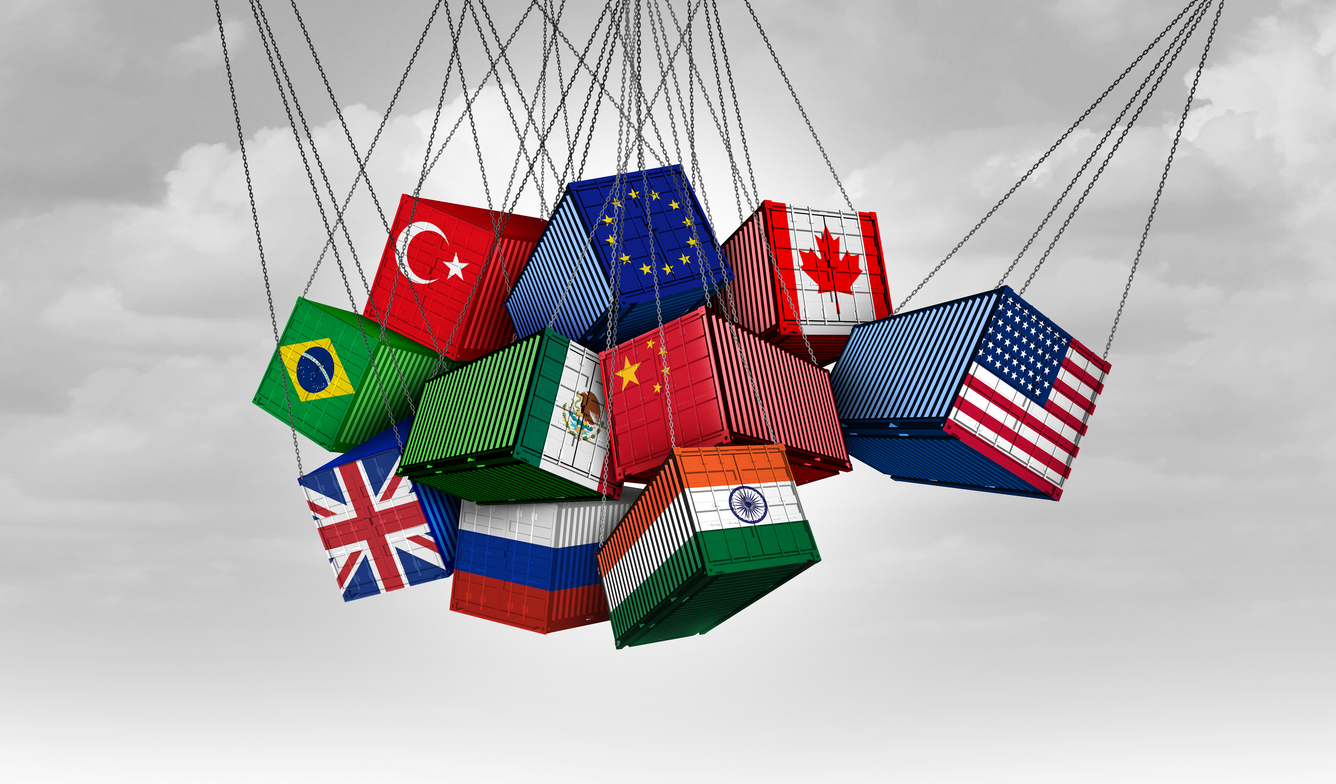It’s not the Headline, it’s the Bottom Line
- By [ Brian Dodge ]
- 01/27/2023
RILA has engaged a number of executive communities over the past few years on ESG related topics, but the confluence of activism on both the political left and right has pushed how to engage in these debates to the forefront for all executives. In the past, a thoughtful “break glass” plan for polarizing issues was probably sufficient to inform stakeholders. But today, retailers need to develop an ethos that informs how they communicate the decisions they make, and how those decisions positively impact both their shareholders and the communities they serve. That doesn’t mean swinging at every pitch—not all activists or stories warrant a company response. But before any decision to engage on a particular issue can be made, your team has to be prepared to unapologetically make the business case for your company’s decision. Whether Comms, GR, Legal, CEOs or many other executive groups, RILA is regularly facilitating nuanced, often cross-functional conversations about how to build a thoughtful decision-making process for when, to whom and how to respond.
When an unanticipated issue enters the spotlight of stakeholder discourse, smart companies are ready to back up the actions they choose to take, anchoring actions (or inaction) to a long-term decision that is rooted in business value. That value is for YOU to define, not the activist, the media, or the political pugilists of the day. Whether that value is lowering long-term costs, reducing business risk, cultivating a happier and more productive workforce, or building stronger brand loyalty with customers, retailers have the power to define the value in the decisions they make. And any decision that yields net cost savings, risk mitigation, employee retention, business expansion, etc. is not only defensible—but should be appreciated by the audiences you care about most.
Is investing in renewable energy like rooftop solar driven by climate campaigns, or is it a strategy to mitigate fluctuating and recently volatile fossil fuel-based energy prices while incentives are available that further lower your upfront costs? How about increasing internal diversity, equity, and inclusion work: is it a hasty public statement driven by peer pressure or a measurable way to improve worker satisfaction, engagement and retention while quantifiably better serving your customer base and responding to the majority of your employees’ voiced values? Call it whatever you want…ESG, CSR, stakeholder capitalism…retailers have a strong case to make that in practice, this work is good for customers, employees, and shareholders.
But not all issues are as simple or easy to communicate as the business imperative—particularly around divisive social issues that attract outsized attention from politicians and cable talking heads.
Remember, you don’t need to swing at every pitch. For some divisive social issues, it may be appropriate to keep a low profile and focus on the reality that every day, your company welcomes respectful employees and customers into the store with diverse beliefs. In this sense, retailers are in a unique position to help lawmakers and policymakers understand the diverse economic and social opinions and needs of the country, and to help bridge the differences in the communities we serve by welcoming dialogue, not division. When these issues peak, active listening is often the healthiest and most productive response, yet commonly under practiced.
The takeaway is, while there are some topics that impact all companies to some degree, if your strategy is grounded in chasing (or fleeing) tomorrow’s headline, you’re likely missing an opportunity to unapologetically defend the sound business decisions made by your team. For the topics where it’s worth engaging, ground those long-term decisions in anticipated business benefits, track and test those hypotheses over time, and refine as you go. Moral imperatives inspire, but business imperatives endure – and they’re not mutually exclusive. Explaining the correlation is up to you, and the RILA team is always here to help.
Tags
-
ESG Enterprise
-
Investing in People
-
Leading in the Community






